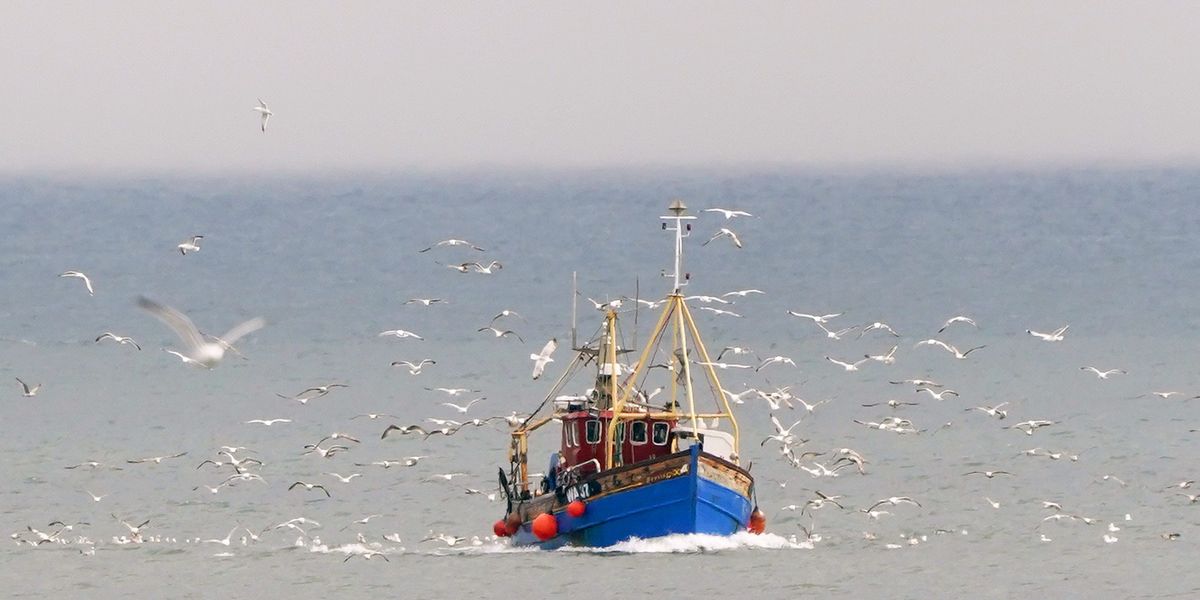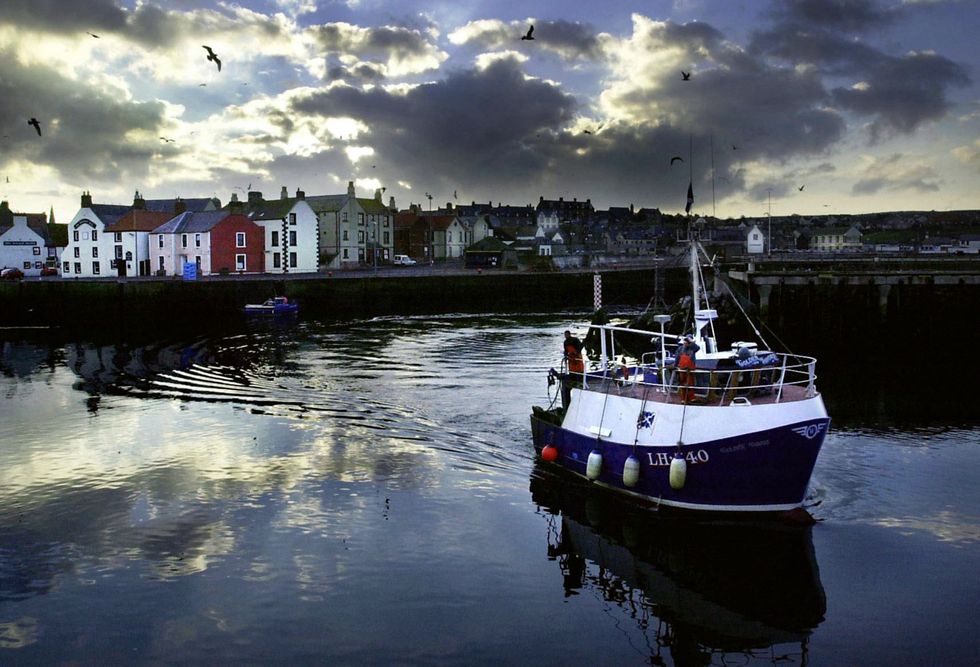



One of the only commercial fishermen still working in a coastal town fears proposals to ban a type of trawling could kill off his livelihood forever.
At the beginning of last month, the Government announced a proposal to ban a "destructive" type of fishing, known as "bottom trawling", which drags large nets along the seabed.
But John Worthington, 59, believes that if the ban is introduced, he will no longer be able to work.
The fisherman, from Fleetwood in Lancashire, has said that he will be forced to fish 20 miles out to sea if the use of bottom-towed gear is prohibited.
He said this would be unsafe in either of his two small vessels, both of which measure below 33ft long.
Worthington said he does not believe the ban is needed in areas such as Morecambe Bay, where he fishes, because the number of fishing boats has declined to sharplu.
Morecambe Bay is one of 42 Marine Protected Areas (MPAs) which would be affected by the proposal.
The 59-year-old, who has been in the industry since he was a teenager, said: "We have already been barred from some of our existing fishing grounds and now this.
"How do they expect us to make a living?" he fumed.
The proposal is under consideration by the Marine Management Organisation (MMO) - and there is a 12-week consultation being run until September 1.

PA
|The Government has announced a proposal to ban a 'destructive' type of fishing, known as 'bottom trawling'
Environment Secretary Steve Reed said: "Bottom trawling is damaging our precious marine wildlife and habitats.
"The Government is taking decisive action to ban destructive bottom trawling where appropriate."
However, not everyone agrees that bottom trawling had environmental impacts.
The UK's National Federation of Fisherman's Organisations (NFFO) has pushed back against the claims in the past.
Mike Cohen, chief executive of the NFFO, said: "Trawling does not damage most of the seabed.

PA
|The Government came under heavy fire earlier this year when it confirmed it had signed a 12-year agreement allowing continued European Union access to British waters
"Trawls penetrate the sediment very little, if at all, in most areas and trawling has been carried out for well over 100 years."
Worthington is one of only a few Fleetwood fishermen who have managed to continue their trade in the town, which previously contained a large commercial fishing industry.
Deep sea fishermen were banned from their traditional fishing grounds off Iceland after the final Cod War in 1979.
The proposed ban claims that habitats and species risk being damaged by fishing activity, and that their protection and recovery will in fact contribute to a healthier marine ecosystem, and therefore support the long-term sustainability of commercial fish stocks.
The Government came under heavy fire earlier this year when it confirmed it had signed a 12-year agreement allowing the EU to scour Britain's waters for fish.
Full reciprocal access for the EU fleet to fish in UK waters until June 2038 is granted under the deal - sparking fury from the fishing industry.
Elspeth Macdonald, the chief executive of the Scottish Fisherman's Federation called it "an absolutely disastrous outcome for the Scottish fishing fleet".
"This highlights the total indifference of the British political establishment to the interests of our fishing sector," she blasted.
The NFFO, meanwhile, said after the agreement: "Moving forward, the Government must work hard to rebuild trust in the fishing industry and in coastal communities, where fishing remains integral to their economy and identity.
"Many people in these communities will now think the Government does not care about them."
